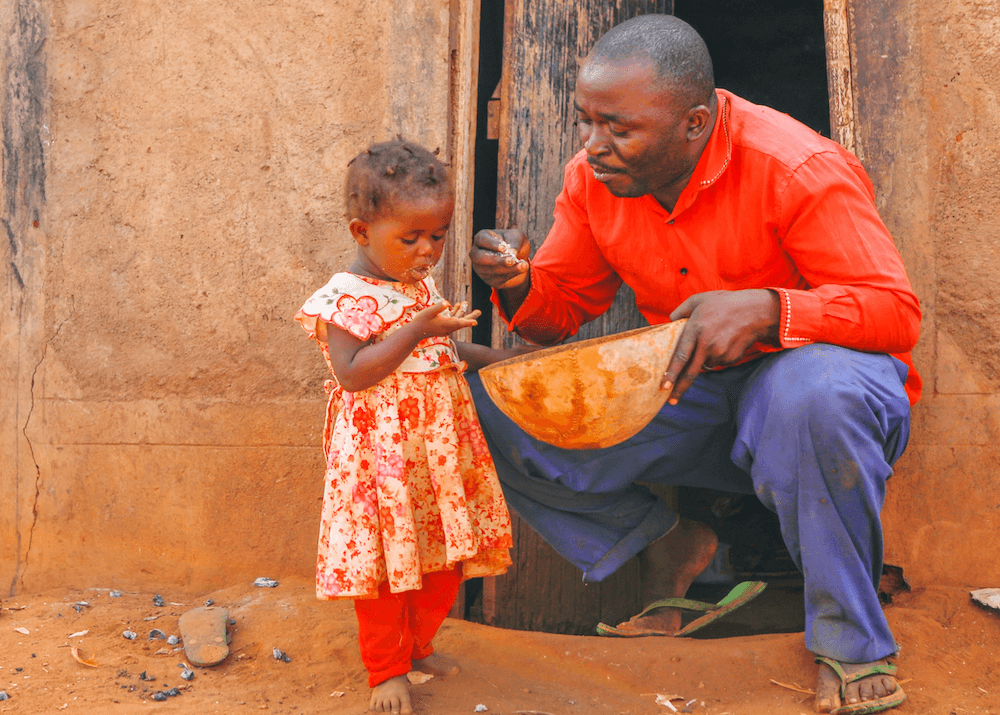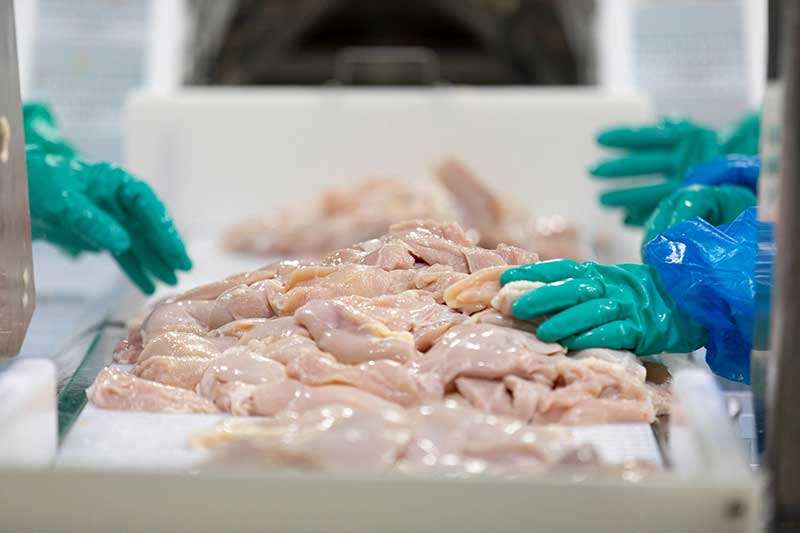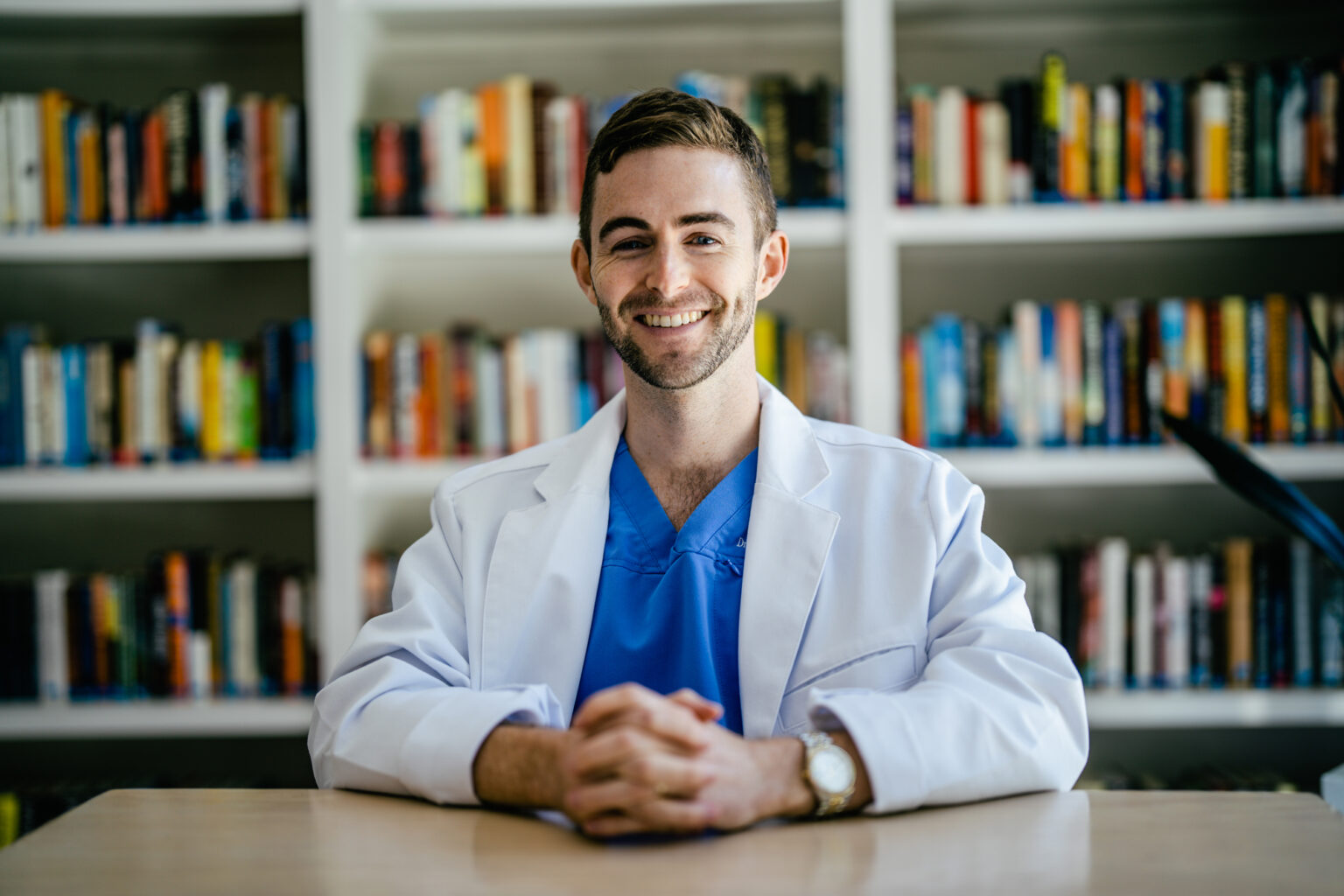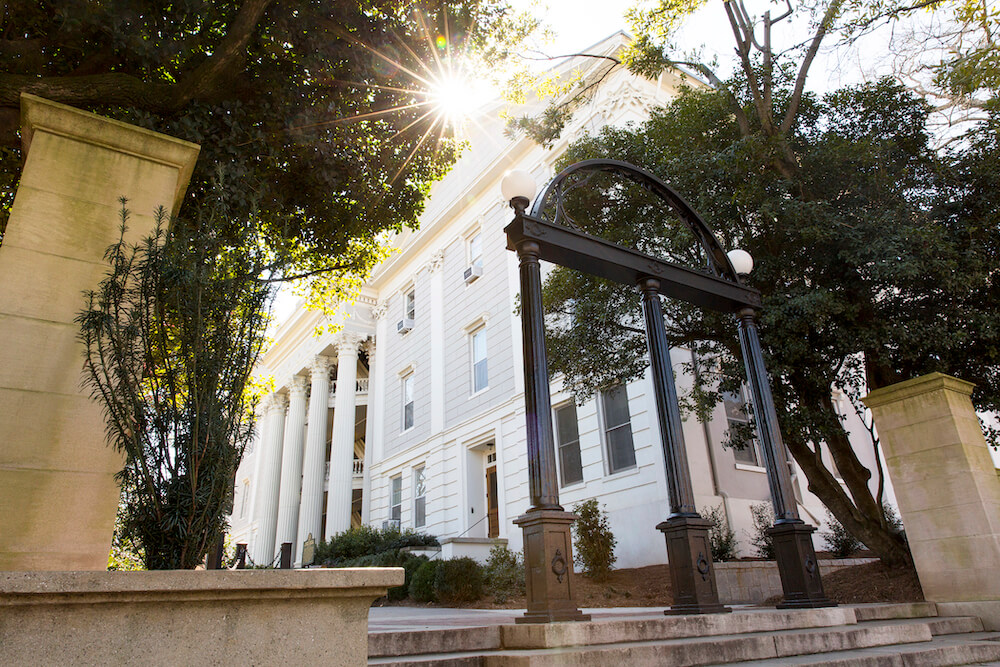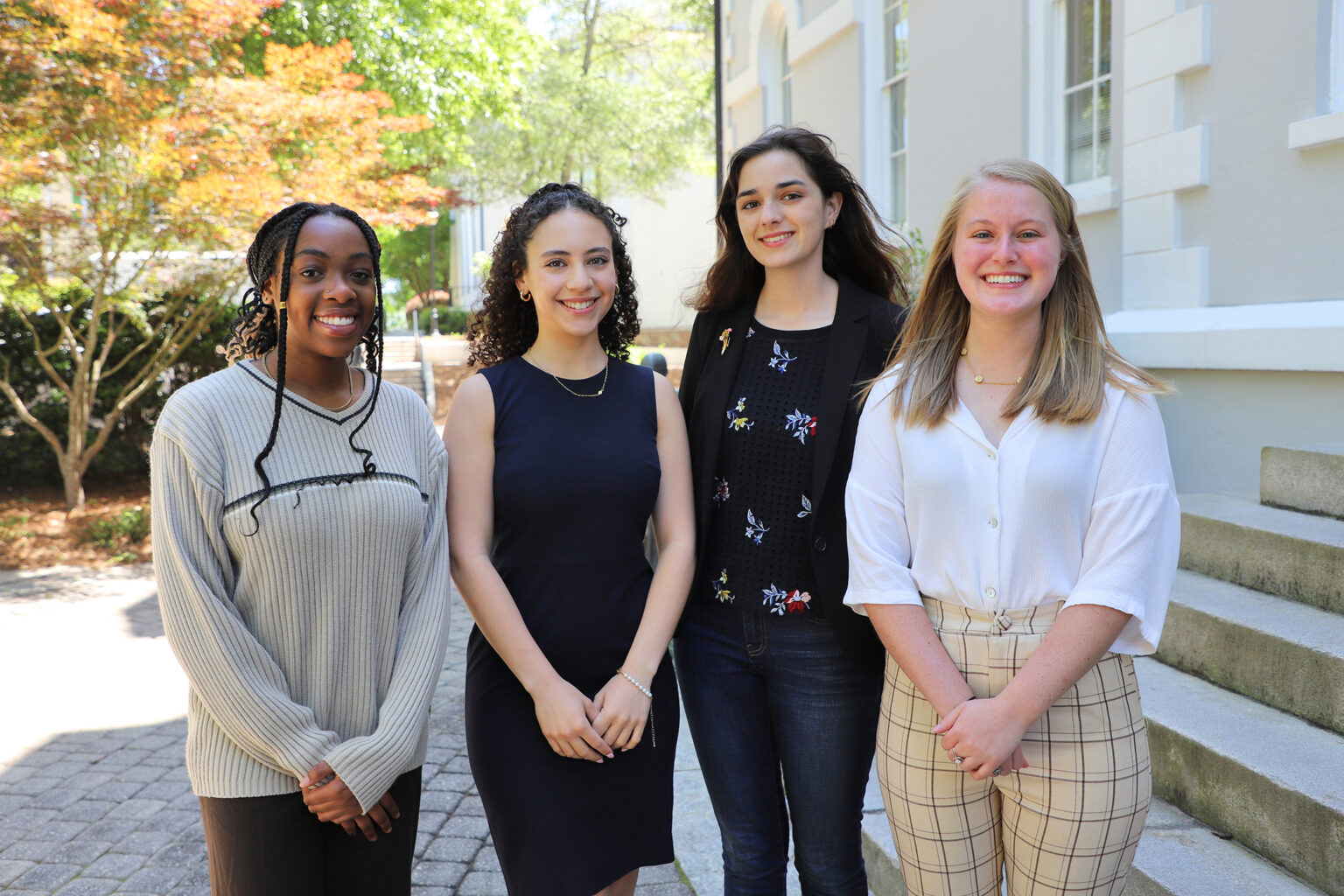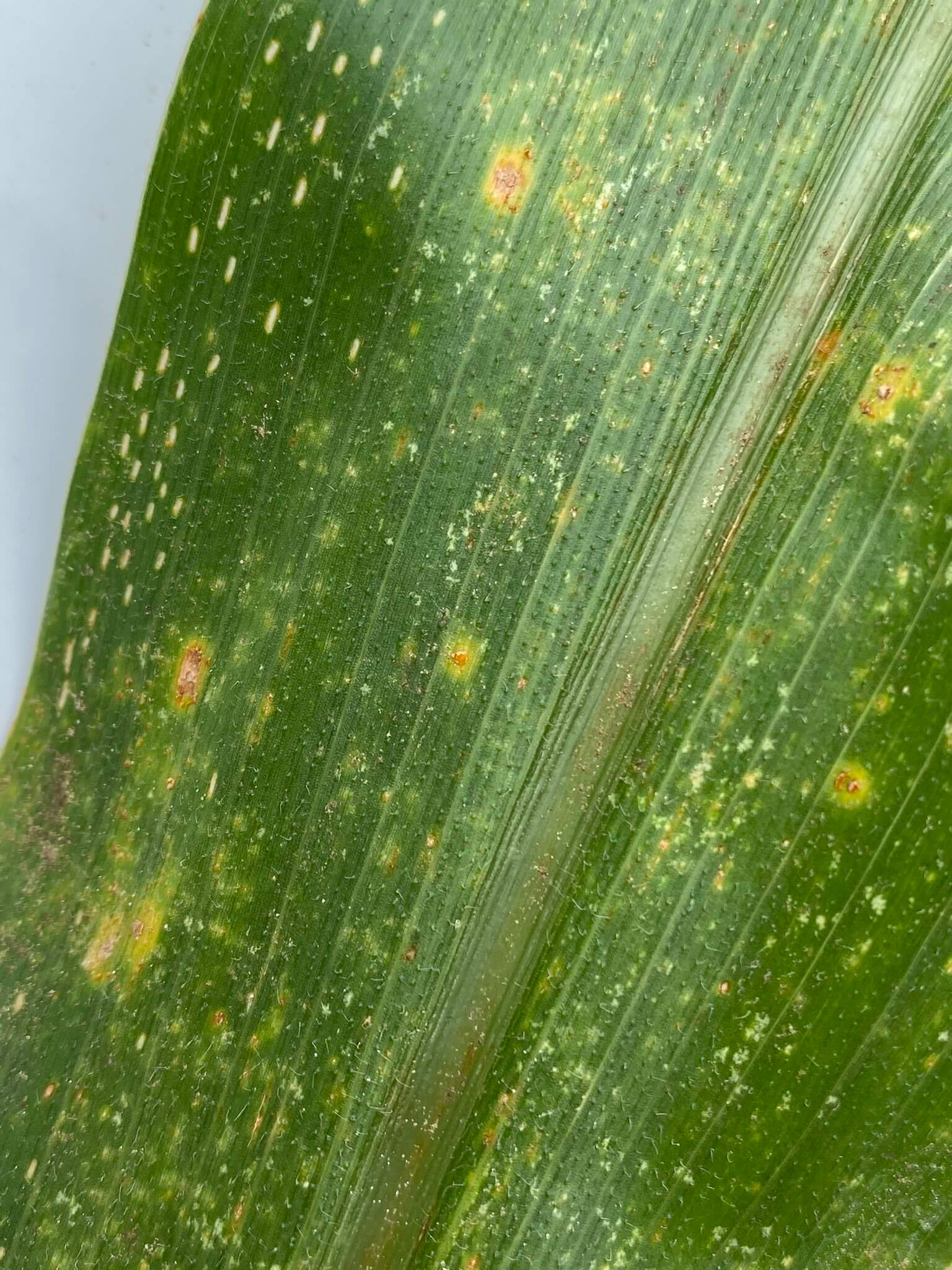 CAES News
CAES News
40 Under 40
The University of Georgia Alumni Association has unveiled the 40 Under 40 Class of 2023, a group that includes a Country Music Award-winning musician, a New York Times bestselling author, a lieutenant commander in the U.S. Public Health Service and more.

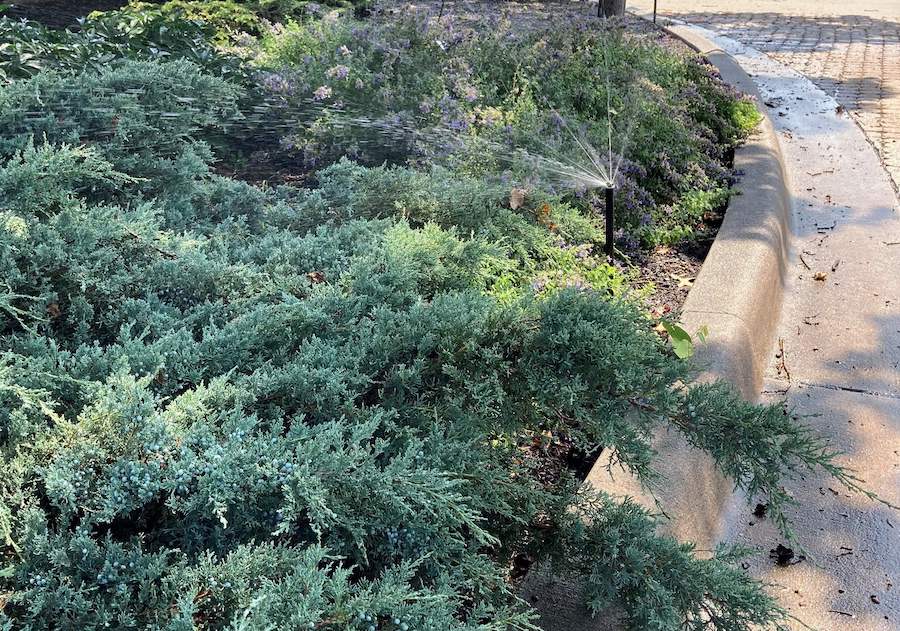
.jpg)
